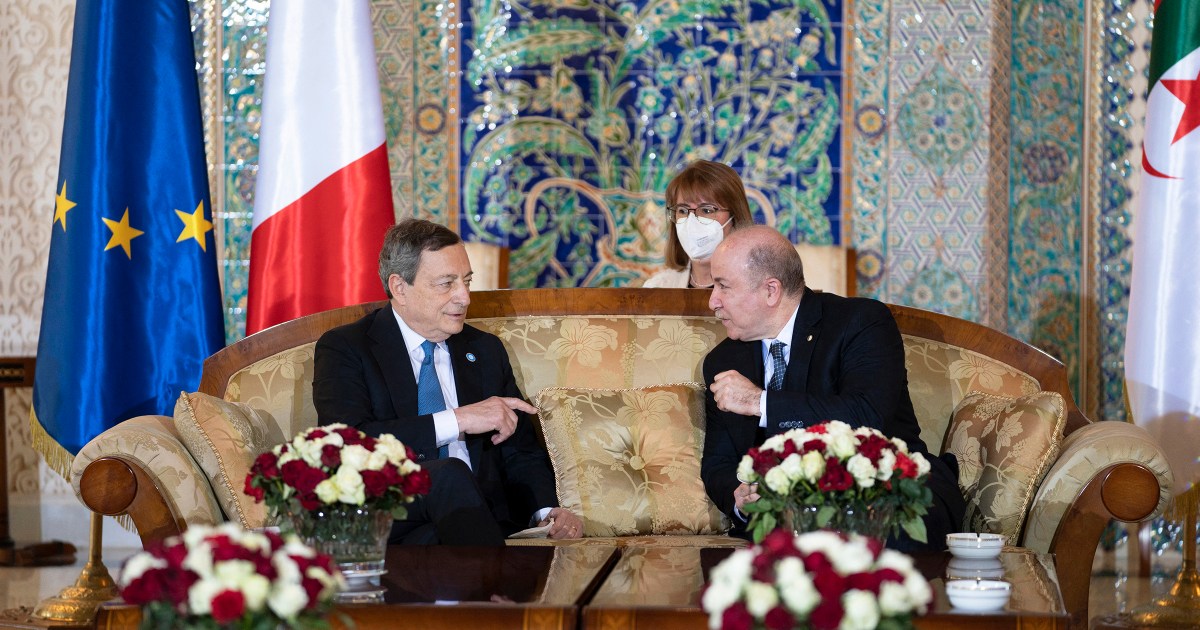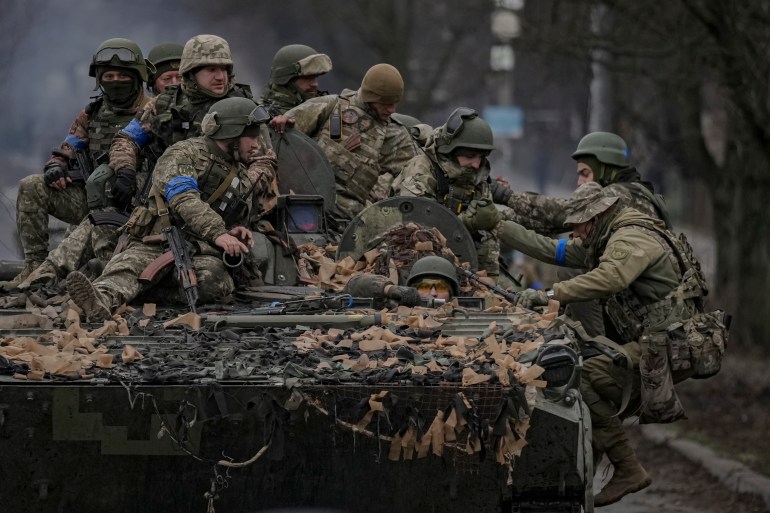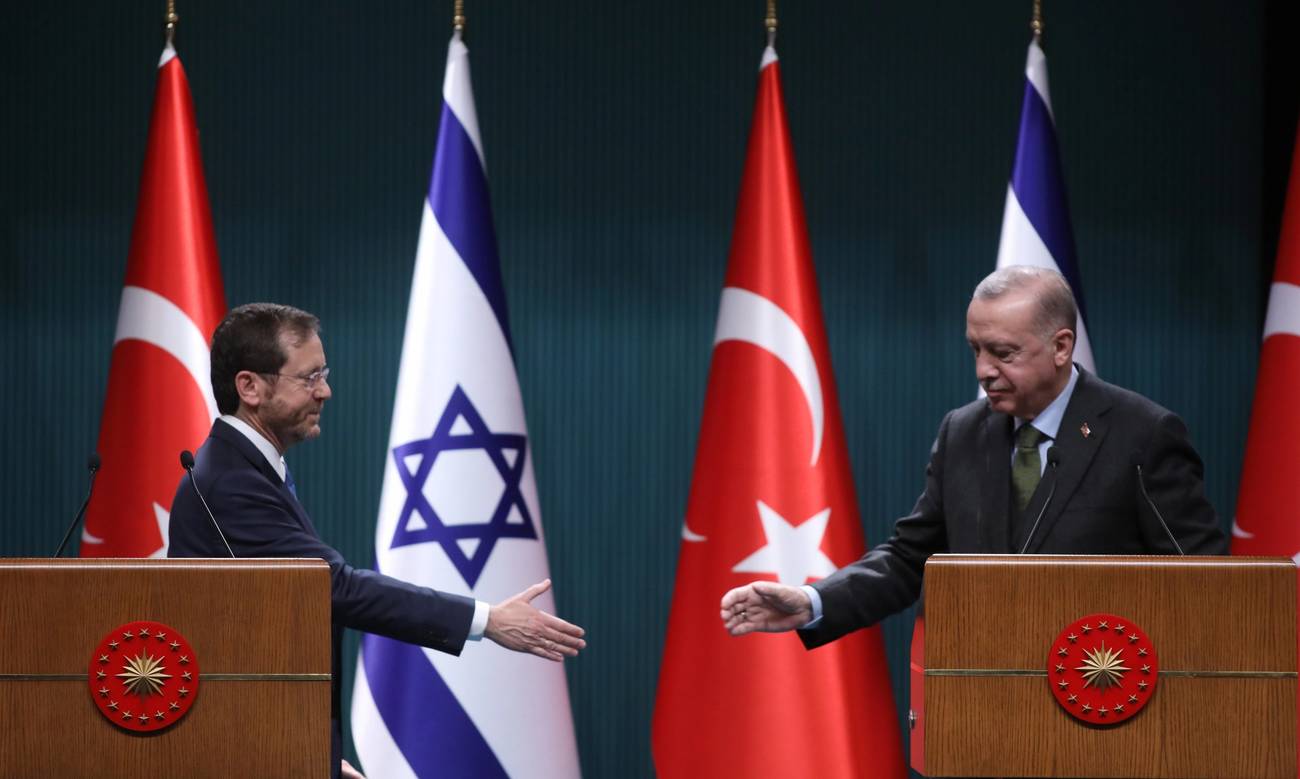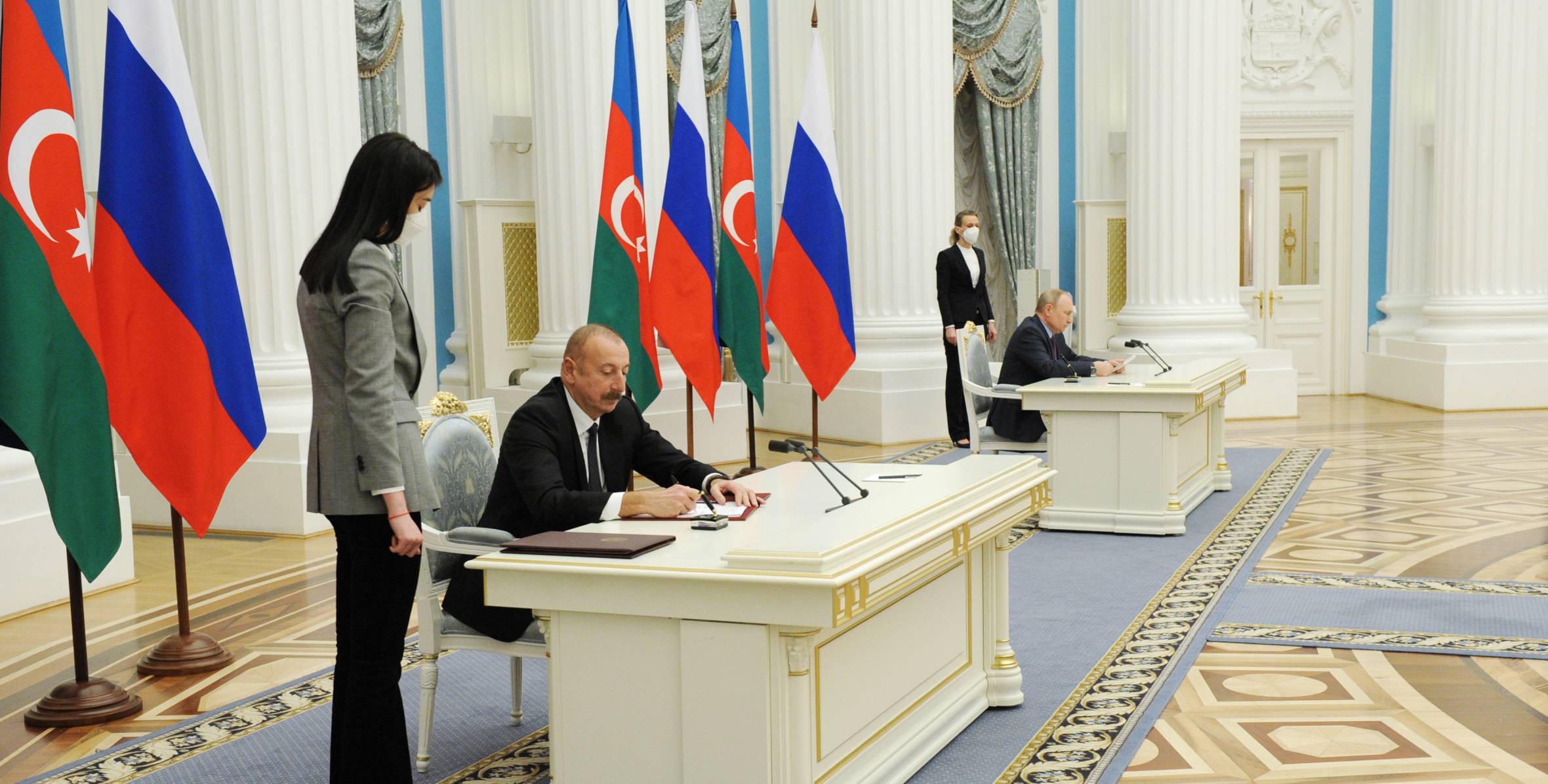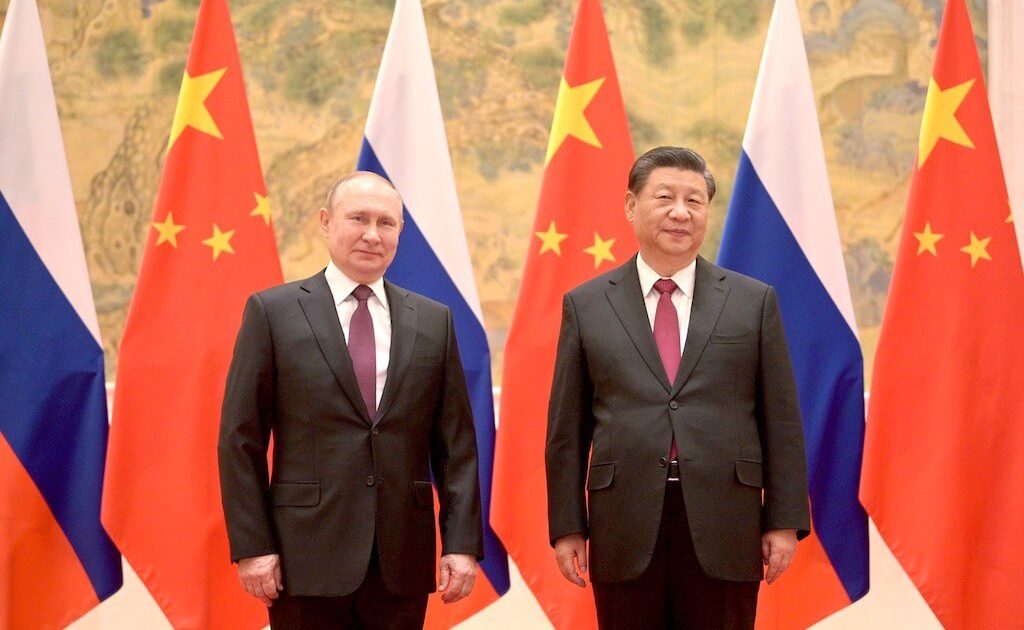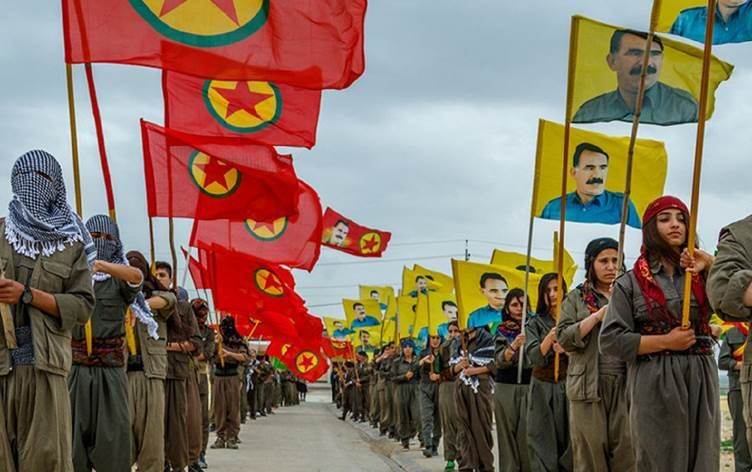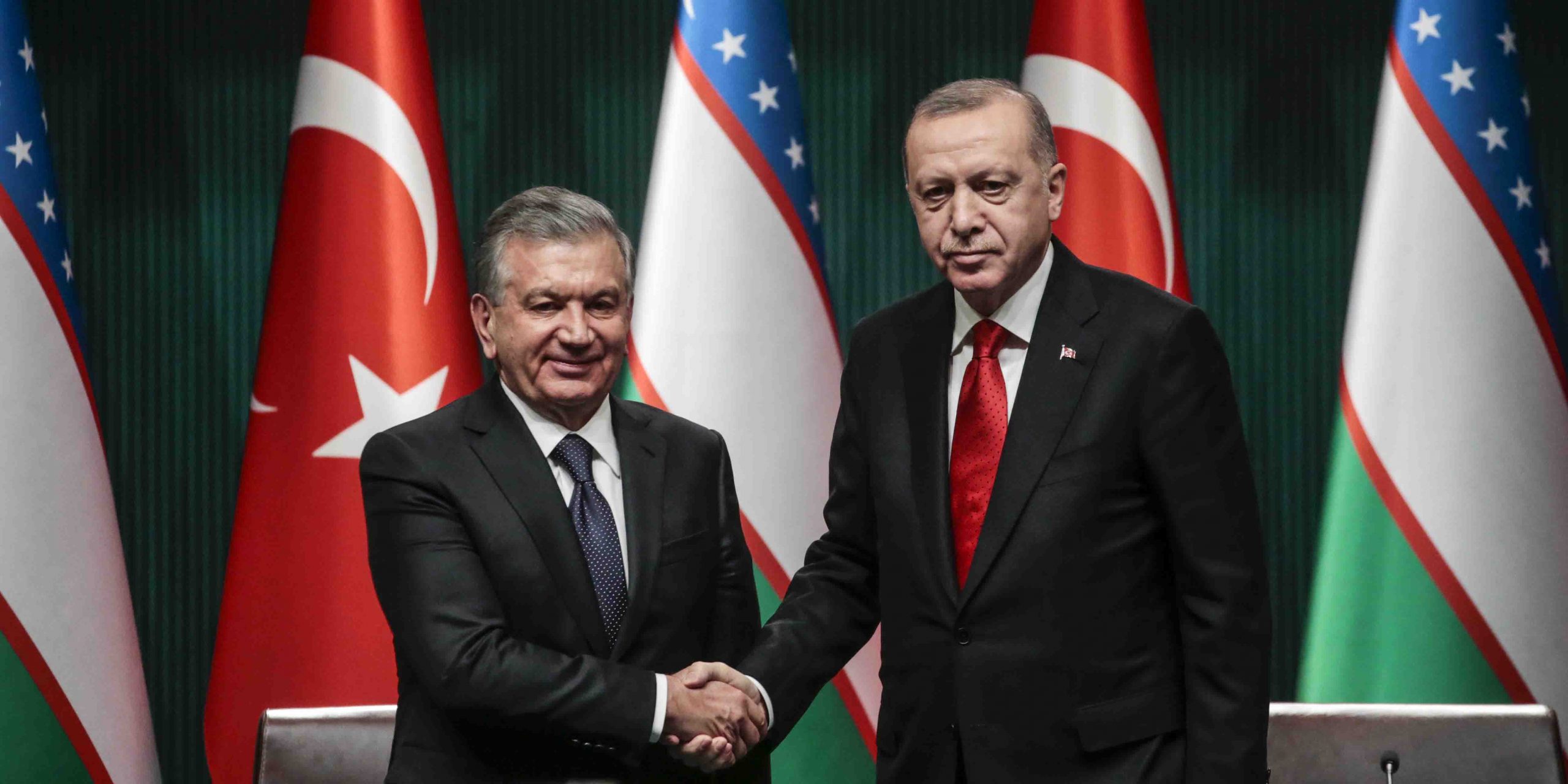
For both Uzbekistan and Turkey, progress in developing a strategic relationship with elements of trade, investment, and defence cooperation comes at an opportune time. Amid the ongoing momentous geopolitical developments, Tashkent needs to diversify its political outreach to maintain a multivector foreign policy in order to avoid falling under the sway of a particular regional actor. Ankara, meanwhile, wants relationships that revitalize its pan-Turkic agenda across Eurasia.
On March 29, President of Turkey Recep Tayyip Erdogan paid an official visit to Uzbekistan at the invitation of his counterpart President Shavkat Mirziyoyev. The strategic partnership was top of the agenda. Although relations between Turkey and Uzbekistan remained stalled during the rule of late Uzbek leader Islam Karimov until 2016, his successor Mirziyoyev has very much brought Turkey into the picture under the multivector approach. For Turkey, the development of ties with Uzbekistan somewhat uneasily took some steps forward just as Ankara was attempting to moderate peace talks between Ukraine and Russia. Continue reading


